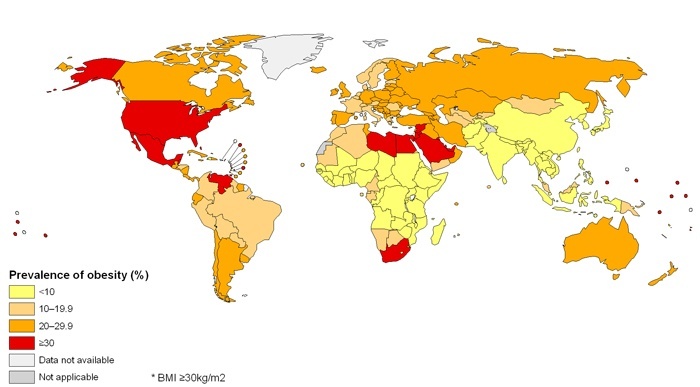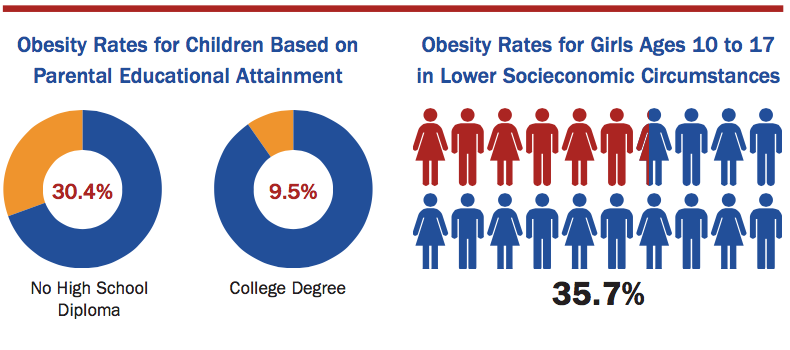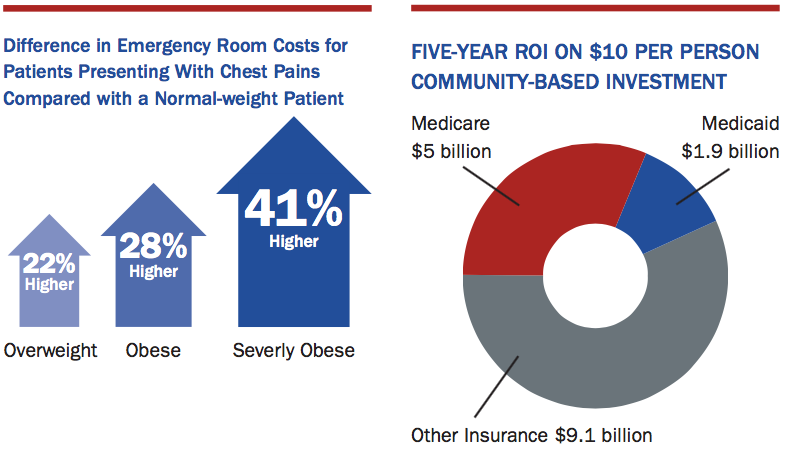So you came here looking for a list of countries that are more obese than America? Well, surprise — there are none. According to the National Institutes of Health, more than one in three adults in America are classified as obese. No other country in the world has surpassed America’s obesity rate.
Before we begin, I want to explain my personal investment in this particular article. There are articles I write for Spoon University that are pure fun to write. I’m talking about the lists about Jamba Juice, recipes about chocolate chip biscotti, and travel articles about Maine. But this article is one that is extremely close to my heart.
This summer, I’m interning at the Zuckerberg San Francisco General Hospital working to help the prevention of obesity-related chronic illnesses that are due to food insecurity. Understanding the core roots and effects of obesity is something that any college student should be aware of because it is up to us, the next generation, to solve these problems at their core.

Photo courtesy of cdn1.sph.harvard.edu
Doesn’t this seem like a growing issue? America is thought to be the land of freedom and liberty. But is all of the freedom to eat endless food causing these national health issues? The problems of obesity are widespread throughout the country and, according to The State of Obesity, are disproportionately larger in those of lower socioeconomic status. While only 9.5% of children whose parents earned a college degree are obese, over 30% of children whose parents did not graduate high school are obese.

Photo courtesy of stateofobesity.org
Many public health officials, like the CDC, believe that the root of these issues are simple: unhealthy food habits and a lack of exercise. In short, Americans are eating junky, processed foods and not moving their bodies as much as they should be. Despite the best efforts of First Lady Michelle Obama’s Let’s Move! campaign or other governmental measures to curb obesity through education, America still remains the most obese country in the world.

Photo courtesy of stateofobesity.org
The consequences of obesity are severe, to say the least.
First, let’s talk about the effect of extra weight on your body. According to Stanford Healthcare, obesity brings a whole host of issues including, but not limited to diabetes, cardiovascular disease, cancer, sleep apnea, joint problems, and high blood pressure.
As though that is not enough, scientists at the University of Colorado conducted a study showing that anyone within the category of obese (BMI greater than 30) is associated with “approximately $1723 of additional medical spending per year.” Though that may not sound like a lot, “over time estimated annual health care costs of obesity-related illness are a staggering $190.2 billion” according to the National League of Cities.
I just threw a lot of numbers at you.
To simplify things: obesity is costing the America health care system. A lot.
So, we have this huge problem. How can we fix it? Although there are many inherent flaws in the health care system that leads to increased obesity, here are a couple ways that we can help nip this problem in the bud:
- Provide mandatory food education for elementary students to learn more about food insecurity.
- Have mandatory physical education from K-12.
- Promote drinking water instead of soda (not even diet soda). A typical drink contains up to 20 teaspoons of sugar and doesn’t promote any satiety, meaning people can drink hundreds of calories without even feeling full.
- Reduce the amount of time spent in front of a screen: computer, phone, or otherwise.
- Make fresh produce just as accessible as processed foods. Although this may be the hardest to implement in actuality, it will hopefully prove to be the most effective.

Photo courtesy of blog.appleadayandbeyond.com
Though a short list, should the American government implement these ideas, it will cause nationwide change and may help reverse the dreadful pitfall that we have gotten into.


